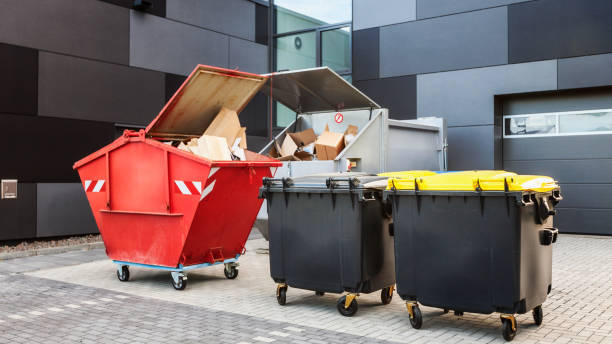- 1-905-452-8193
- Contact Us
- Member Login
- Get Listed Today
- 220,911 members

A skip bin is a large container designed to hold and store a variety of materials that are typically too large or awkward to put in regular garbage cans. Skip bins Newcastle come in different sizes and shapes, with the most common being rectangular or square. They are usually constructed from steel or other durable material such as plastic and are usually quite heavy.
Skip bins are used mainly for waste disposal and recycling, but can also be used for other purposes such as hoarding items for donation to a charity or temporary storage during renovations or construction projects. Skip bins provide an extensive avenue of waste management options and can be used for both residential and commercial properties.
Whether you’re undertaking a spring cleaning project or are in the midst of a large-scale renovation, here are 8 dos and don’ts when using skip bins.
Dos
Don'ts
By following these dos and don’ts when using a skip bin, you'll ensure that your project runs smoothly without any unforeseen problems arising due to improper waste management practices! Not only will this help protect both people working on-site but also those who handle/transport materials after collection has been made; it'll also help keep everything within legal limits so there aren't any surprises down the line when fees start getting levied against mismanaged/improperly disposed goods!
